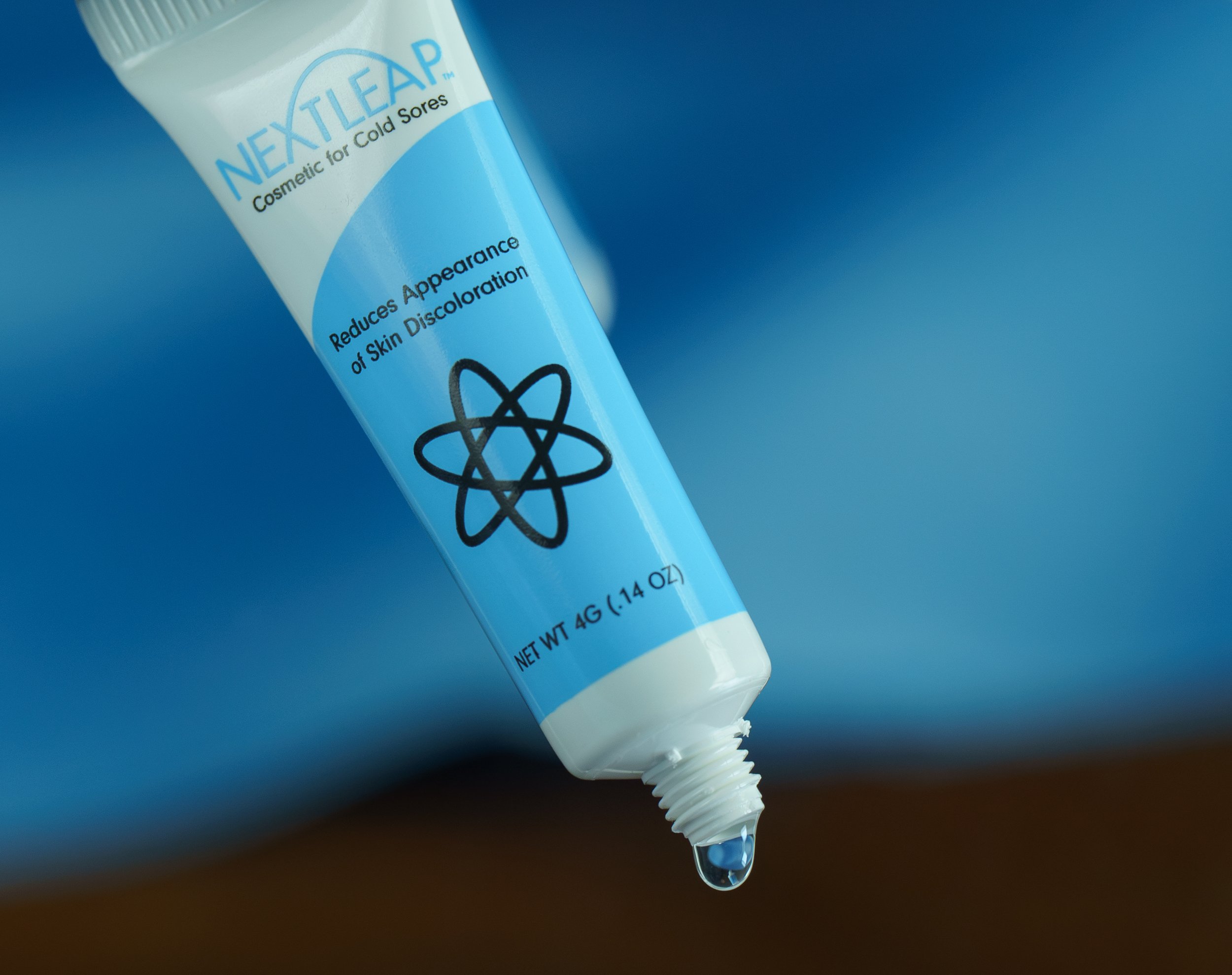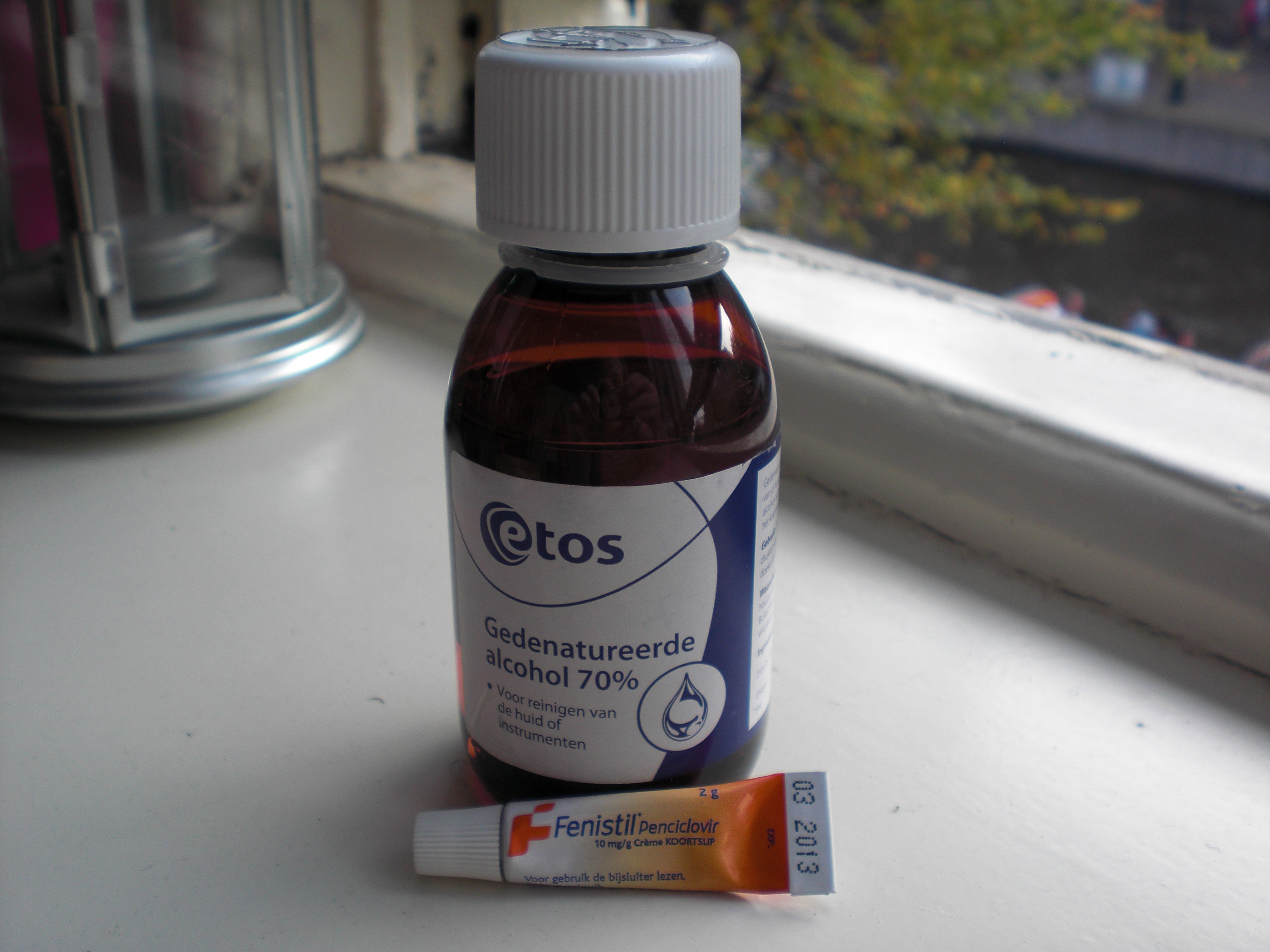Cold sores, also known as fever blisters, are a common ailment caused by the herpes simplex virus (HSV). These unsightly and often painful blisters usually appear on or around the lips, causing discomfort and inconvenience. Fortunately, there are numerous cold sore remedies available that can help alleviate symptoms, speed up healing, and reduce the frequency of outbreaks. This article will explore various effective remedies, offering insights into how you can manage and treat cold sores effectively.
For those who frequently suffer from cold sores, finding reliable remedies is crucial for maintaining a sense of normalcy. The emotional and physical discomfort associated with these blisters can be challenging, impacting daily activities and social interactions. Understanding the available options can empower individuals to take control of their condition, reducing the duration and severity of outbreaks.
As we delve into the world of cold sore remedies, it's essential to consider both traditional and modern approaches. From over-the-counter treatments to natural remedies, there is a wide array of options to explore. Whether you're seeking immediate relief or long-term prevention strategies, this comprehensive guide will provide valuable information to help you make informed decisions about your cold sore management.
Read also:Meet Sophia Hardison Kadeem Hardisons Daughter And Her Journey In The Spotlight
Table of Contents
- What Are Cold Sores?
- Causes of Cold Sores
- Symptoms of Cold Sores
- How to Prevent Cold Sores?
- Topical Treatments for Cold Sores
- Oral Medications for Cold Sores
- Natural Remedies for Cold Sores
- Dietary Changes and Supplements
- Lifestyle Adjustments
- Home Remedies for Cold Sores
- Cold Sore Remedies for Children
- When to See a Doctor?
- Frequently Asked Questions
- Conclusion
What Are Cold Sores?
Cold sores, medically known as herpes labialis, are small, fluid-filled blisters that typically appear on the lips or around the mouth. They are caused by the herpes simplex virus (HSV), specifically HSV-1, although HSV-2 can also cause oral herpes. The virus is highly contagious and can be spread through direct contact with an infected person's skin or bodily fluids. Cold sores are characterized by a tingling or burning sensation before the blisters emerge, followed by the formation of painful, red lesions.
Causes of Cold Sores
The primary cause of cold sores is the herpes simplex virus. Once infected, the virus remains dormant in the nerve cells and can be reactivated by various triggers, including:
- Stress
- Fatigue
- Exposure to sunlight
- Fever or illness
- Hormonal changes
- Weakened immune system
Understanding these triggers can help individuals manage and reduce the frequency of outbreaks.
Symptoms of Cold Sores
Cold sores typically progress through several stages, each with distinct symptoms:
Initial Symptoms:
Before the blisters appear, individuals may experience a tingling, itching, or burning sensation around the lips or mouth. This stage is known as the prodrome and can last for a few hours to a couple of days.
Blister Formation:
Small, fluid-filled blisters form, usually clustered together. These blisters are often painful and can cause discomfort when eating, drinking, or talking.
Read also:David Denman Height An Inside Look At The Actors Stature And Career
Ulceration:
The blisters burst, leaving open sores that can be painful and unsightly. This stage is when the cold sore is most contagious.
Crusting and Healing:
The sores dry out and form a scab, which eventually falls off, leaving the skin beneath to heal. Complete healing can take several days to a couple of weeks.
How to Prevent Cold Sores?
Preventing cold sores involves minimizing exposure to triggers and maintaining a healthy lifestyle. Here are some strategies to reduce the risk of outbreaks:
- Manage stress through relaxation techniques, such as meditation or yoga.
- Get adequate rest and maintain a regular sleep schedule.
- Use sunscreen or lip balm with SPF to protect against sun exposure.
- Avoid sharing personal items like razors, towels, or lip balm.
- Practice good hygiene, including frequent handwashing.
- Maintain a healthy diet and exercise regularly to support immune function.
Topical Treatments for Cold Sores
Topical treatments can provide relief from cold sore symptoms and speed up the healing process. Over-the-counter creams and ointments containing antiviral agents, such as docosanol or acyclovir, are commonly used. These treatments work best when applied at the first sign of a cold sore, during the prodrome stage.
How Do Topical Treatments Work?
Topical treatments target the virus directly at the site of infection, helping to reduce the severity and duration of symptoms. They can also alleviate pain and itching, improving comfort during an outbreak. It's important to follow the instructions carefully and apply the medication as directed for optimal results.
Oral Medications for Cold Sores
For individuals with frequent or severe cold sores, oral antiviral medications may be prescribed by a healthcare professional. These medications, such as valacyclovir or famciclovir, can help reduce the frequency and severity of outbreaks. They are especially beneficial when taken at the first sign of symptoms, preventing the progression of the infection.
Natural Remedies for Cold Sores
Many people seek natural remedies for cold sores as an alternative to pharmaceutical treatments. While scientific evidence may vary, some natural products have been reported to provide relief and support healing:
Lemon Balm:
This herb is known for its antiviral properties and can be applied topically as a cream or ointment to reduce symptoms and speed up healing.
Tea Tree Oil:
Tea tree oil has antiseptic and antiviral properties. Diluting it with a carrier oil and applying it to the affected area may help alleviate symptoms.
Aloe Vera:
Known for its soothing and healing properties, aloe vera gel can be applied to cold sores to reduce inflammation and promote healing.
Honey:
A natural humectant, honey can help keep the cold sore moist, preventing cracking and promoting faster healing.
Dietary Changes and Supplements
Dietary changes and supplements can play a role in managing cold sores and preventing outbreaks. Some nutrients and supplements that may be beneficial include:
- Lysine: An amino acid that may help reduce the frequency and severity of cold sores.
- Vitamin C: Supports immune function and may help reduce the duration of outbreaks.
- Zinc: Has antiviral properties and can support immune health.
- Probiotics: Promote a healthy gut microbiome, supporting overall immune function.
It's important to consult with a healthcare professional before starting any new supplements, especially if you have underlying health conditions or are taking other medications.
Lifestyle Adjustments
Making certain lifestyle adjustments can help manage cold sores and reduce the risk of outbreaks. Consider incorporating the following habits into your routine:
- Stay hydrated by drinking plenty of water throughout the day.
- Limit exposure to known triggers, such as excessive sun or cold weather.
- Practice relaxation techniques to manage stress and anxiety.
- Maintain a balanced diet rich in fruits, vegetables, and whole grains.
- Engage in regular physical activity to support overall health and well-being.
Home Remedies for Cold Sores
In addition to over-the-counter and prescription treatments, various home remedies can provide relief from cold sores. These remedies may include:
Cold Compress:
Applying a cold compress to the affected area can help reduce swelling and numb the area, providing temporary relief from pain and discomfort.
Salt Water Rinse:
Gargling with salt water can help reduce inflammation and promote healing, especially if the cold sore is located inside the mouth.
Lemon Juice:
Applying diluted lemon juice to the cold sore may help disinfect the area and speed up healing, thanks to its natural antibacterial properties.
Cold Sore Remedies for Children
Children can also experience cold sores, and it's important to choose remedies that are safe and effective for young ones. Here are some considerations for treating cold sores in children:
- Consult with a pediatrician before using any over-the-counter or prescription medications.
- Use topical treatments specifically formulated for children, if available.
- Encourage good hygiene practices to prevent the spread of the virus.
- Ensure the child maintains a healthy diet and gets plenty of rest.
When to See a Doctor?
While many cold sores can be managed with home remedies and over-the-counter treatments, there are instances when medical attention is necessary. Consider consulting a healthcare professional if:
- The cold sores are frequent, severe, or do not respond to standard treatments.
- There are signs of a secondary infection, such as increased redness, swelling, or pus.
- The individual has a weakened immune system or underlying health conditions.
- The cold sores are spreading to other areas of the body.
Frequently Asked Questions
1. Can cold sores be completely cured?
Currently, there is no cure for the herpes simplex virus, which causes cold sores. However, treatments can help manage symptoms and reduce the frequency of outbreaks.
2. Are cold sores contagious?
Yes, cold sores are highly contagious and can be spread through direct contact with an infected person's skin or bodily fluids.
3. Can stress cause cold sores?
Stress is a common trigger for cold sore outbreaks, as it can weaken the immune system and reactivate the virus.
4. How long do cold sores last?
Cold sores typically last for about 7 to 10 days, although the healing time can vary depending on the individual and the treatment used.
5. Can cold sores be prevented?
While it's not always possible to prevent cold sores entirely, avoiding known triggers and maintaining a healthy lifestyle can help reduce the frequency of outbreaks.
6. Is it safe to use natural remedies for cold sores?
Many natural remedies are considered safe, but it's important to consult with a healthcare professional before trying new treatments, especially if you have allergies or underlying health conditions.
Conclusion
Cold sores can be a source of discomfort and inconvenience, but with the right cold sore remedies, managing and reducing outbreaks is possible. From topical treatments and oral medications to natural and home remedies, there are numerous options available to suit individual preferences and needs. By understanding the causes, symptoms, and effective treatments for cold sores, individuals can take proactive steps to minimize their impact and improve their quality of life. Remember to consult with a healthcare professional for personalized advice and treatment recommendations.
For more information on cold sore treatments and prevention, visit the World Health Organization's page on Herpes Simplex Virus.

